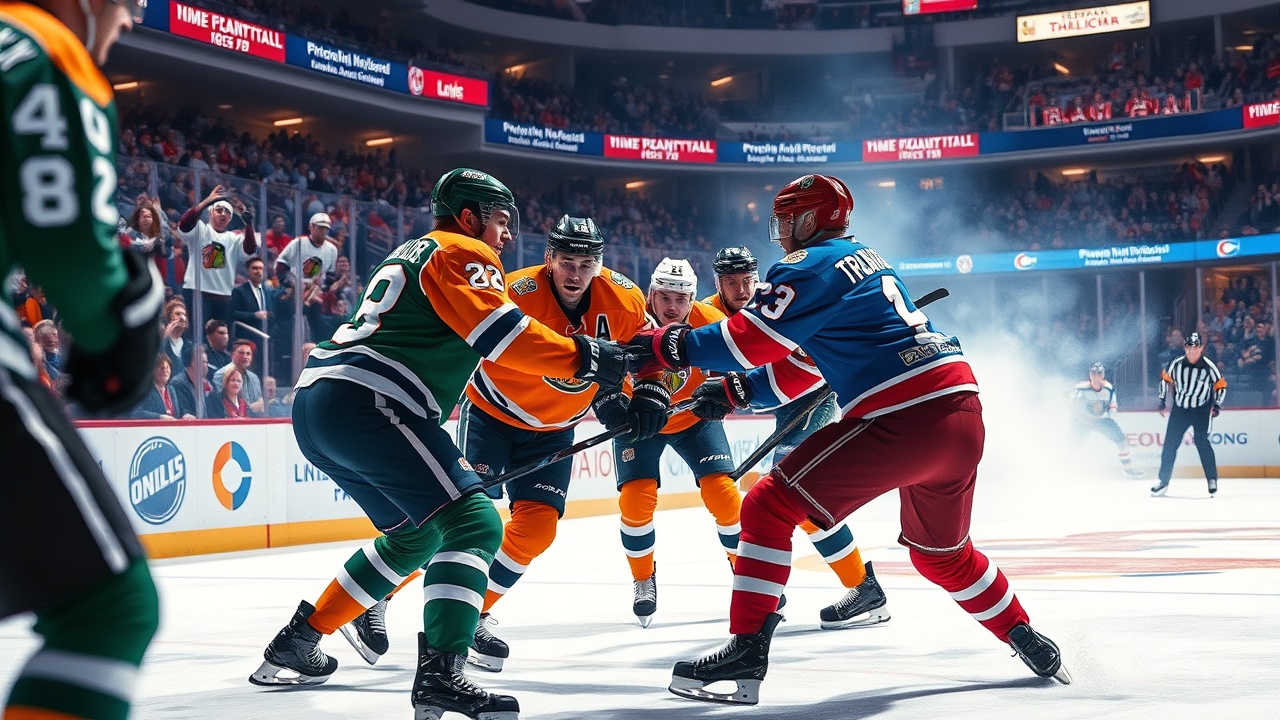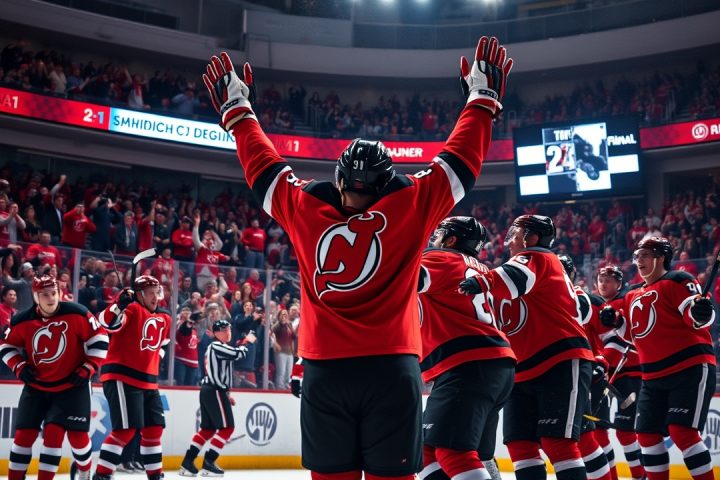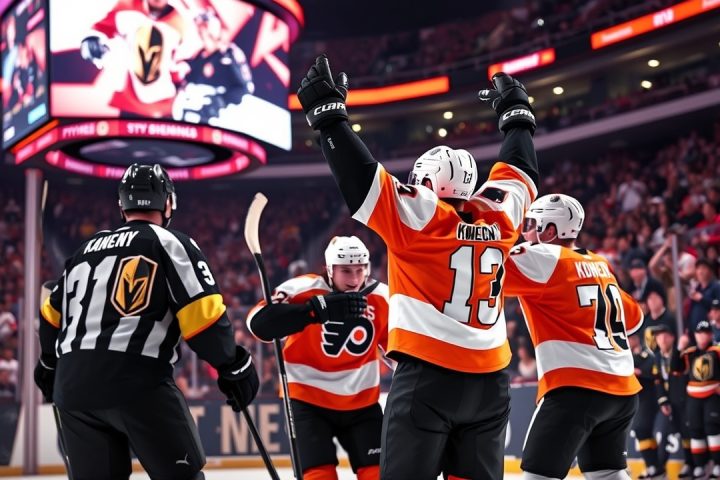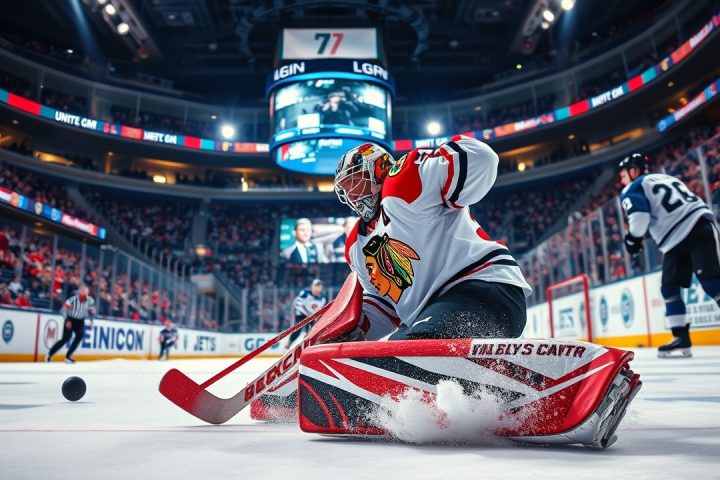The Evolving Rivalry
In the world of hockey, what once was a regional rivalry between the Florida Panthers and Tampa Bay Lightning is rapidly evolving into one of the NHL’s most intense feuds. Initially viewed as a lighthearted series of matchups between two Southern expansion teams often played to sparse crowds, this competition has transformed into a high-stakes drama rife with accusations of favoritism and cultural clashes within the league.
Preseason Chaos
During the NHL preseason—typically a low-stakes series of preparatory games—players and teams often approach each game as a mere formality, but the latest encounters between the Panthers and the Lightning have exploded into chaotic encounters marked by physicality and violence. Over the course of two exhibition games, a staggering 114 penalties were called, amounting to nearly 500 minutes served in the penalty box, alongside 16 ejections and an outrageous number of misconduct penalties. These violent exchanges prompted pressing questions about the league’s disciplinary practices and fairness.
Incidents and Repercussions
Tensions flared dramatically when Florida’s AJ Greer landed a late hit on Tampa’s Brandon Hagel, coincidentally reminiscent of an incident from their playoff series last spring that left Hagel with a concussion. The league’s response? A mere $2,000 fine for Greer, which many saw as insufficient given the circumstances. This incident reignited long-held suspicions that the NHL’s disciplinary actions disproportionately favor certain teams, in this case, the Panthers.
The Lightning’s retaliatory measures showcased their own form of retribution in a later game, where they fielded a lineup filled with tough players aiming to send a message. The ensuing melee featured frequent fights and numerous penalties, with players from both teams often ending up in the penalty box for their altercations. The chaos reached new levels when one of the ejected players, Niko Mikkola, still managed to get an assist despite his earlier exit—something that highlighted the absurdity of the situation.
Disciplinary Actions and Perceived Inequity
Following this chaotic night of hockey, disciplinary actions were handed down by the NHL, seemingly targeting the Lightning. A hefty $100,000 fine was imposed on the franchise, alongside suspensions for several of their players, while Greer returned to the ice relatively unscathed. This marked yet another instance of perceived inequity within the league’s enforcement of its rules, casting the Panthers in a favored light, particularly given their connections within NHL hierarchy.
Cultural Conflicts
This conflict is emblematic of deeper issues within the sport, where personal ties and historical allegiances seem to sway disciplinary decisions. The Panthers, under the ownership of Vincent Viola—a businessman with prominent political ties—have cultivated an image that aligns with hard-right values, further straining relationships with the more progressive Lightning franchise. As a sharp contrast, the Lightning’s ownership has advocated for inclusivity, reflecting broader societal divides.
Conclusion
What’s most disconcerting is that such dysfunction and violence have surfaced during what the league claims is an era of modernization and heightened awareness surrounding player safety. Previous incidents highlight the NHL’s failure to listen to dissenting voices, as those who question the league’s decisions often find themselves penalized rather than heard. Thus, while the playoffs have crowned the Panthers as champions in consecutive seasons, they also symbolize a league struggling to reconcile its old-school mentality with the need for reform.
Ultimately, the escalating rivalry between the Panthers and Lightning not only showcases the sport’s shifting dynamics but also serves as a reflection of broader cultural conflicts in the U.S. The actions and repercussions seen in these games raise urgent inquiries about the NHL’s commitment to fairness, accountability, and the future of its players. The events of the preseason cast a glaring spotlight on the underlying issues that continue to plague professional hockey, reminding fans that the fight for justice and change is far from over.




